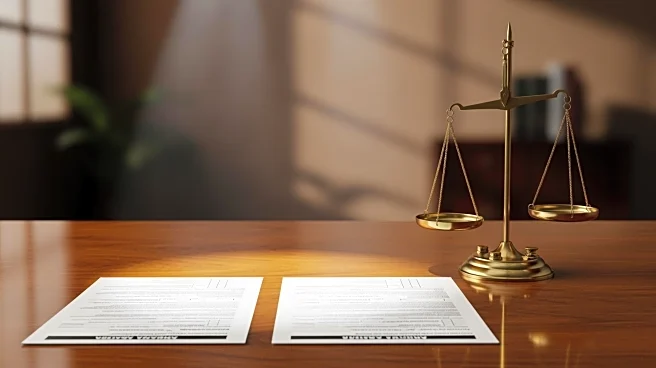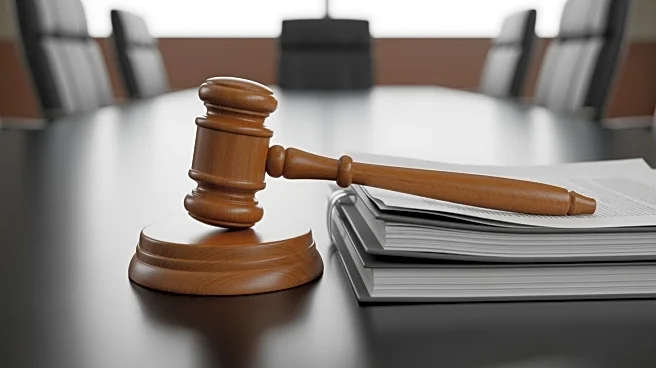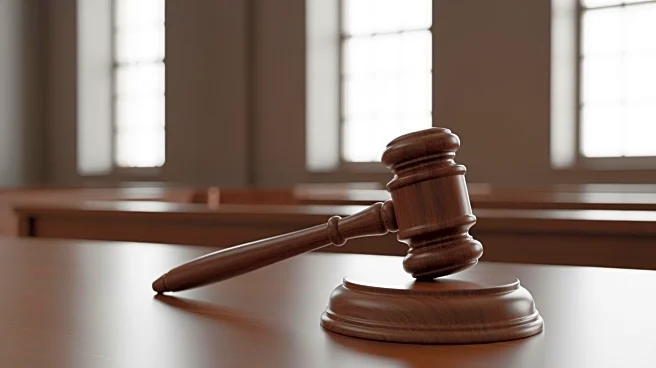Rapid Read • 7 min read
The Schall Law Firm has announced a class action lawsuit against Lockheed Martin Corporation, alleging violations of the Securities Exchange Act of 1934. The lawsuit claims that Lockheed Martin made false and misleading statements regarding its internal controls and risk-adjusted contracts. Investors who purchased securities between January 23, 2024, and July 21, 2025, are encouraged to join the lawsuit before the deadline on September 26, 2025. The firm asserts that Lockheed Martin overstated its ability to deliver contractual commitments, leading to potential significant losses for investors.
AD
This lawsuit could have substantial implications for Lockheed Martin and its investors. If the allegations are proven, it may result in financial penalties and a loss of investor confidence, potentially affecting the company's stock value. The case highlights the importance of transparency and effective internal controls in maintaining investor trust. It also underscores the role of shareholder rights litigation in holding corporations accountable for their public statements and financial reporting practices.
The class action has not yet been certified, meaning investors are not currently represented by an attorney unless they take action. The certification process will determine the scope and participants of the lawsuit. As the case progresses, Lockheed Martin may face increased scrutiny from regulators and investors. The outcome could influence corporate governance practices and risk management strategies within the company and the broader industry.
This legal action raises questions about corporate accountability and the ethical responsibilities of large corporations in their financial disclosures. It may prompt other companies to reassess their internal controls and risk management procedures to avoid similar legal challenges. The case could also lead to broader discussions on the effectiveness of current regulations in preventing securities fraud.
AD
More Stories You Might Enjoy











